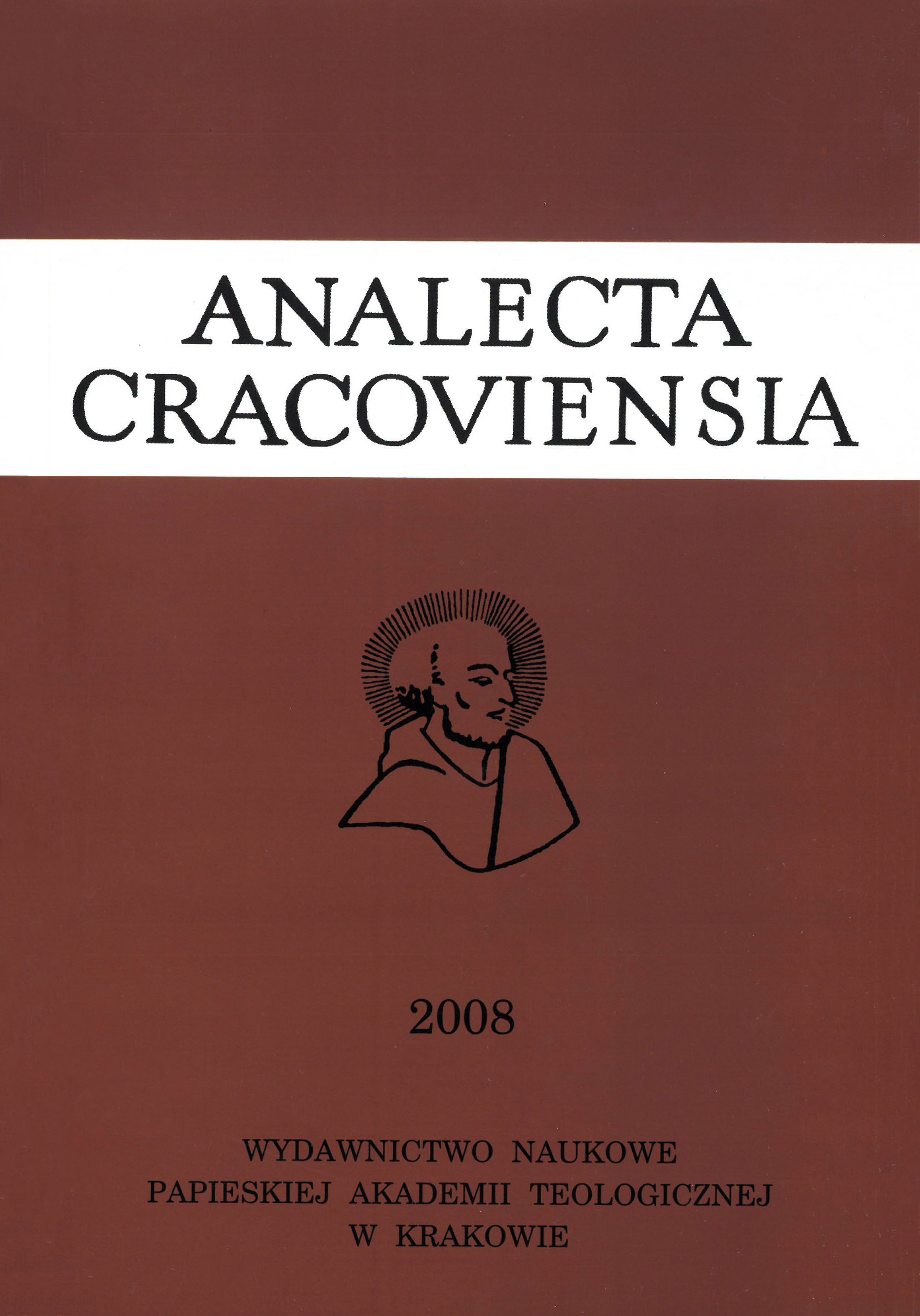Status chrześcijan w Libanie według Règlement z 1861 oraz 1864 roku
DOI:
https://doi.org/10.15633/acr.4023Abstrakt
Lebanon’s experiment with power sharing dates back to 1861 and 1864. Règlement, the law regulating relations between of all the ethnic-religious groups of Lebanon (Maronite Christians, Sunni Muslims, Christian Greek Orthodox, Greek Catholics, the Shi’a Muslims, and the Druze) was a novel, very interesting solution for multi-ethnic society of Lebanon. This society was divided along confessional lines concentrating in distinct geographical regions. The Ottoman governor had to be a appointed by Constantinople, non-Lebanese Catholic with the authorization of the five foreign guarantors (from England, France, Germany, Austria and Russia). Each of the six mentioned communities was allotted two seats on the twelve-member administrative council that helped the governor rule. According to the Règlement, all members of the administrative and judiciary councils as well as local officials of smaller counties were to be nominated and chosen by the leaders of the respective communities and appointed by the government. The Règlement Organique transformed Mount Lebanon into a fully autonomous Ottoman province with political institutions based on power sharing among its various denominations under an Ottoman-European consortium protectorate giving a half century communal peace (1864–1920) to Mount Lebanon.
Pobrania
Opublikowane
Numer
Dział
Licencja
Prawa autorskie (c) 2022 Krzysztof Kościelniak

Praca jest udostępniana na licencji Creative Commons Attribution-NonCommercial-NoDerivatives 3.0 Unported License.
Obecnie autorzy publikujący w czasopiśmie udzielają jego wydawcy zgody o następującej treści:
- Autor zachowuje autorskie prawa majątkowe do utworu, a jednocześnie udziela wydawcy czasopisma zgody na jego pierwszą publikację w wersji drukowanej i wersji online na licencji Creative Commons Uznanie autorstwa 4.0 Międzynarodowe oraz zgody na wykonywanie opracowań, w tym przekładów.
- Autor ma możliwość udzielania zgody niewyłącznej na opublikowanie utworu w wersji, która ukazała się w czasopiśmie (np. zamieszczenia go w repozytorium instytucjonalnym lub opublikowania w książce), wraz z informacją o jego pierwszej publikacji w czasopiśmie.
- Autor może umieścić swój utwór online (np. w repozytorium instytucjonalnym lub na swojej stronie internetowej) jeszcze przed zgłoszeniem utworu do czasopisma.

